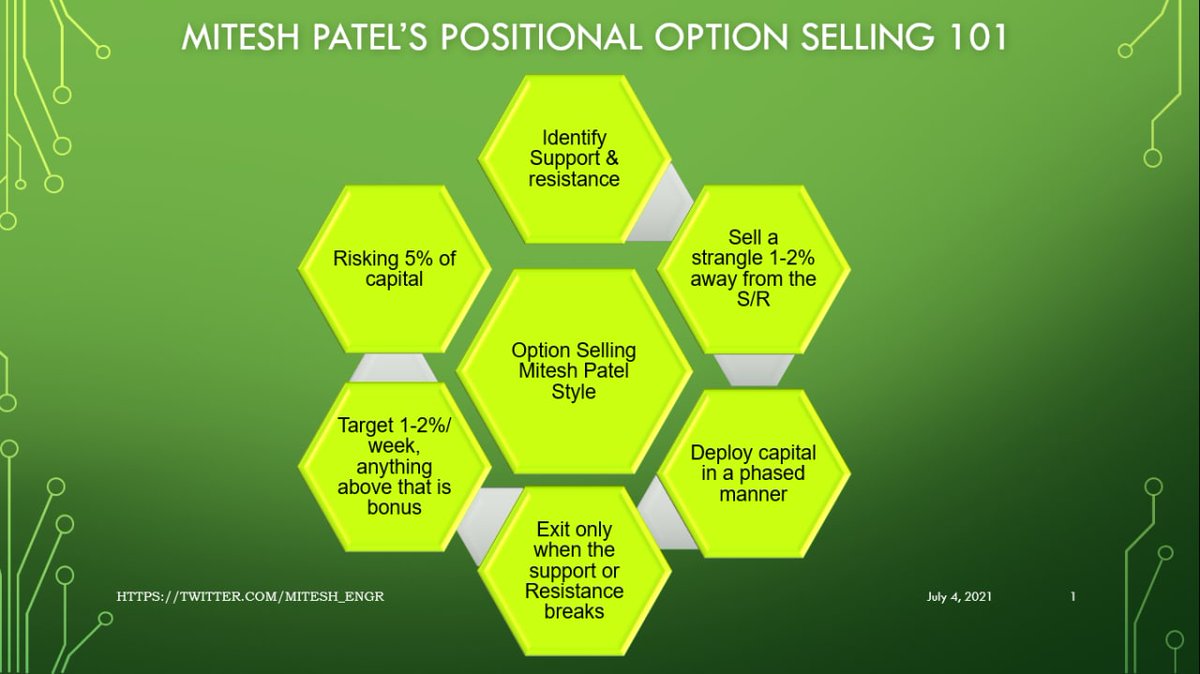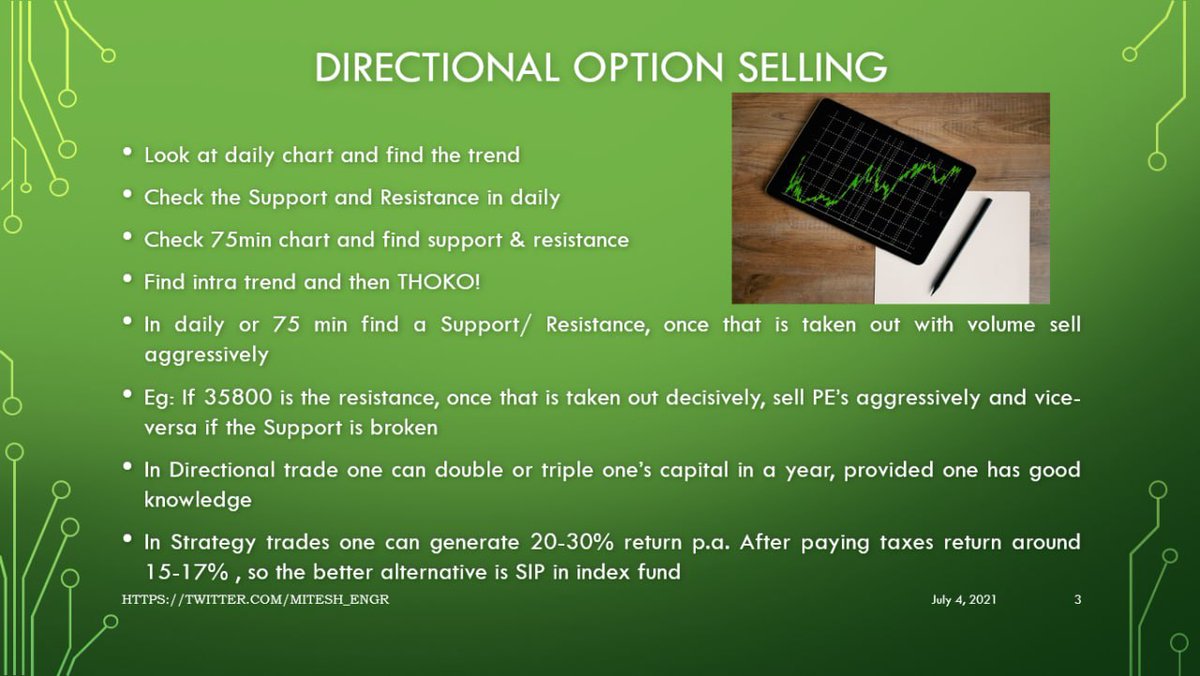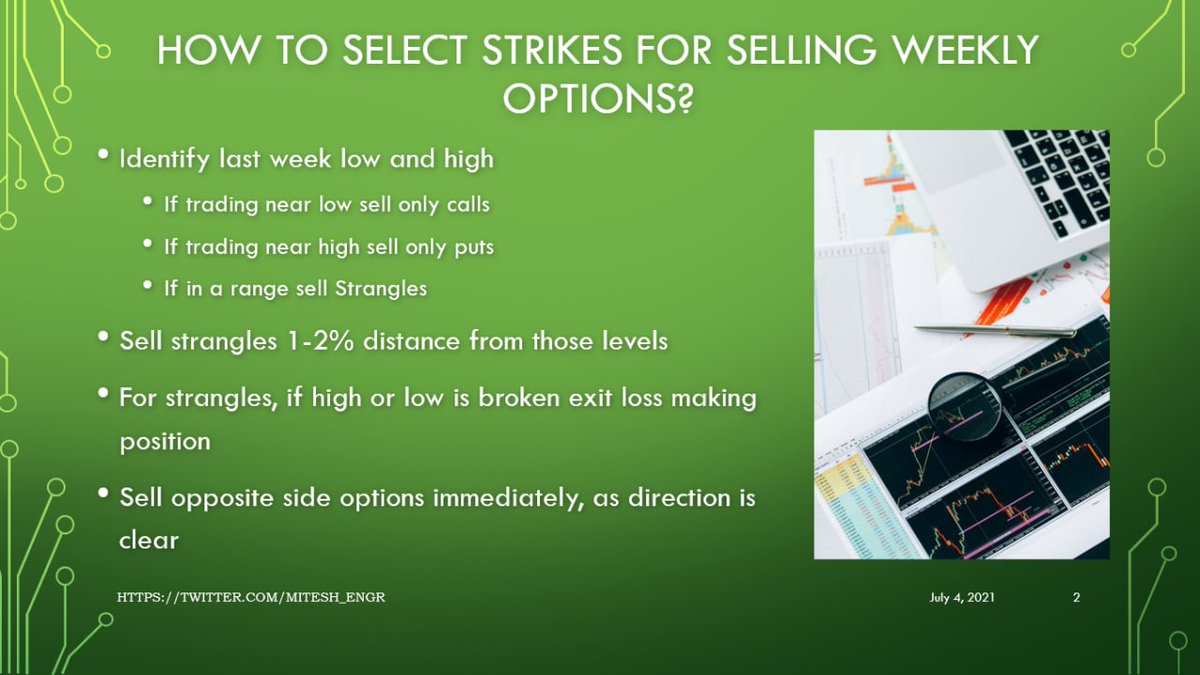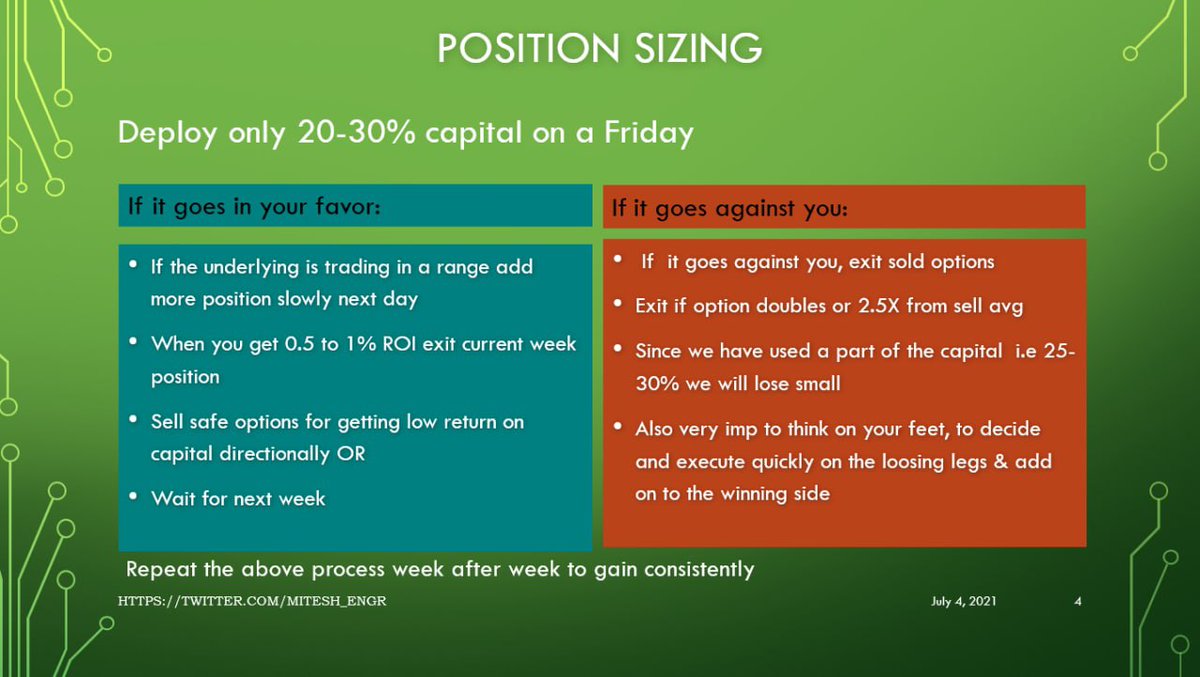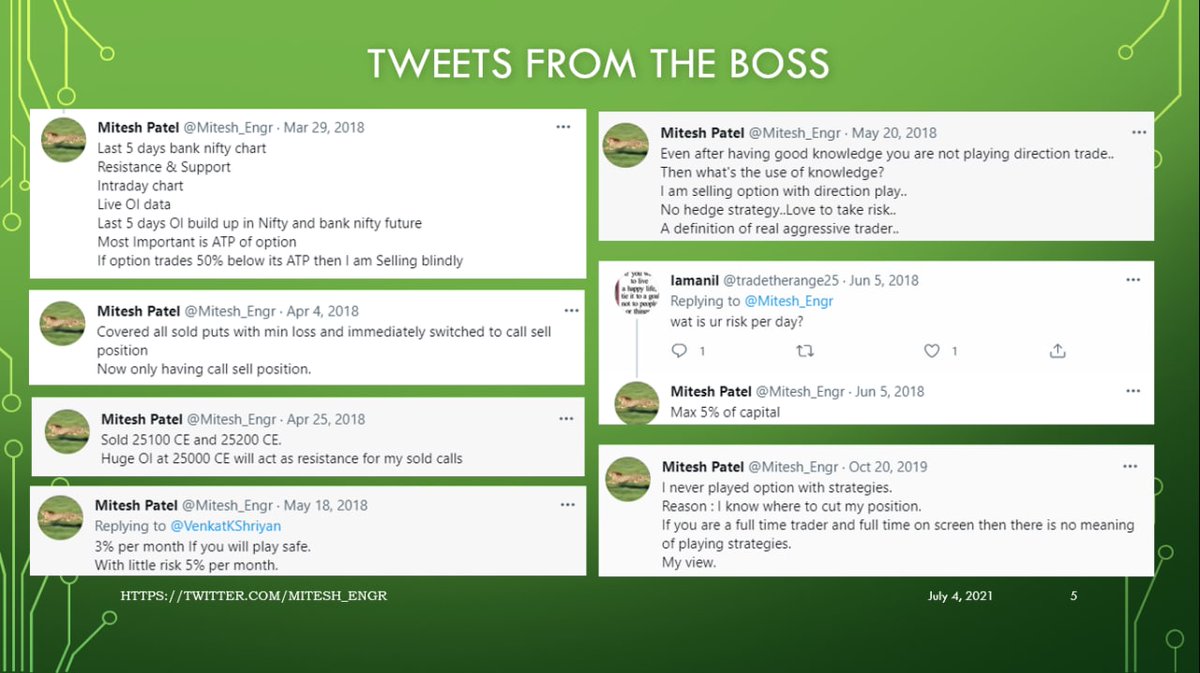Conservatives love to complain that everyone is against them: professors, journalists, intelligence officers, social media companies, and so on.
I used to as well until I considered that maybe having problems with everyone else isn't their fault, it's yours.
This is not the case on the US left where there is a strong moderate tradition capable of organization and force projection. Ask Bernie Sanders if you disbelieve.
This dynamic has primed GOP voters to support extremists since the former extremists get to become the mainstream. First Ted Cruz, then Alex Jones.
One of the most little-known facts about the conservative media is that there's a lot of crossover w/ media outlets that cater to racists & extremists.
— Matthew Sheffield (@mattsheffield) November 16, 2020
Ben Shapiro provided the best example of this when he bashed "Jews in Hollywood" on a white nationalist podcast pic.twitter.com/Dn9NV453VC
and @nikkiboura. It focuses on Breitbart as a bridge for extremist content but the overall principle is shown as well: https://t.co/gkTbyplxse
More from Matthew Sheffield
This Parler user explains it quite well here. Because of yet more security flaws at Parler, it's now possible for all that "free speech" to be shared and archived with the world, even if the posters tried to erase their not-at-all innocent videos and GPS data.
In slightly more technical terms, it seems as though Parler never closed some of their developer-friendly security holes (sort of the programming equivalent of game cheat codes made by devs) and as a result, their anyone with the right knowledge could have admin access.
Parler never actually deleted anything its users posted. And, stupidly, they also kept it accessible to admin users.
This meant that anyone with admin access could still download it.
Once Parler's two factor authentication feature was disabled, because it was designed for developer convenience rather than security, anyone with the knowledge could become an administrator. And that's how Parler just got owned.
People have been downloading the raw videos, photos, and text posts by the gigabyte and archiving it for later public distribution.
All that perfect, totally harmless free speech will still be searchable, even now that Amazon locked out Parler from its servers.
great job, everyone pic.twitter.com/22gooTH4sl
— crash override (@donk_enby) January 11, 2021
In slightly more technical terms, it seems as though Parler never closed some of their developer-friendly security holes (sort of the programming equivalent of game cheat codes made by devs) and as a result, their anyone with the right knowledge could have admin access.
Parler never actually deleted anything its users posted. And, stupidly, they also kept it accessible to admin users.
This meant that anyone with admin access could still download it.
Once Parler's two factor authentication feature was disabled, because it was designed for developer convenience rather than security, anyone with the knowledge could become an administrator. And that's how Parler just got owned.
People have been downloading the raw videos, photos, and text posts by the gigabyte and archiving it for later public distribution.
All that perfect, totally harmless free speech will still be searchable, even now that Amazon locked out Parler from its servers.
More from Politics
You May Also Like
MDZS is laden with buddhist references. As a South Asian person, and history buff, it is so interesting to see how Buddhism, which originated from India, migrated, flourished & changed in the context of China. Here's some research (🙏🏼 @starkjeon for CN insight + citations)
1. LWJ’s sword Bichen ‘is likely an abbreviation for the term 躲避红尘 (duǒ bì hóng chén), which can be translated as such: 躲避: shunning or hiding away from 红尘 (worldly affairs; which is a buddhist teaching.) (https://t.co/zF65W3roJe) (abbrev. TWX)
2. Sandu (三 毒), Jiang Cheng’s sword, refers to the three poisons (triviṣa) in Buddhism; desire (kāma-taṇhā), delusion (bhava-taṇhā) and hatred (vibhava-taṇhā).
These 3 poisons represent the roots of craving (tanha) and are the cause of Dukkha (suffering, pain) and thus result in rebirth.
Interesting that MXTX used this name for one of the characters who suffers, arguably, the worst of these three emotions.
3. The Qian kun purse “乾坤袋 (qián kūn dài) – can be called “Heaven and Earth” Pouch. In Buddhism, Maitreya (मैत्रेय) owns this to store items. It was believed that there was a mythical space inside the bag that could absorb the world.” (TWX)
1. LWJ’s sword Bichen ‘is likely an abbreviation for the term 躲避红尘 (duǒ bì hóng chén), which can be translated as such: 躲避: shunning or hiding away from 红尘 (worldly affairs; which is a buddhist teaching.) (https://t.co/zF65W3roJe) (abbrev. TWX)
2. Sandu (三 毒), Jiang Cheng’s sword, refers to the three poisons (triviṣa) in Buddhism; desire (kāma-taṇhā), delusion (bhava-taṇhā) and hatred (vibhava-taṇhā).
These 3 poisons represent the roots of craving (tanha) and are the cause of Dukkha (suffering, pain) and thus result in rebirth.
Interesting that MXTX used this name for one of the characters who suffers, arguably, the worst of these three emotions.
3. The Qian kun purse “乾坤袋 (qián kūn dài) – can be called “Heaven and Earth” Pouch. In Buddhism, Maitreya (मैत्रेय) owns this to store items. It was believed that there was a mythical space inside the bag that could absorb the world.” (TWX)
1/ Here’s a list of conversational frameworks I’ve picked up that have been helpful.
Please add your own.
2/ The Magic Question: "What would need to be true for you
3/ On evaluating where someone’s head is at regarding a topic they are being wishy-washy about or delaying.
“Gun to the head—what would you decide now?”
“Fast forward 6 months after your sabbatical--how would you decide: what criteria is most important to you?”
4/ Other Q’s re: decisions:
“Putting aside a list of pros/cons, what’s the *one* reason you’re doing this?” “Why is that the most important reason?”
“What’s end-game here?”
“What does success look like in a world where you pick that path?”
5/ When listening, after empathizing, and wanting to help them make their own decisions without imposing your world view:
“What would the best version of yourself do”?
Please add your own.
2/ The Magic Question: "What would need to be true for you
1/\u201cWhat would need to be true for you to\u2026.X\u201d
— Erik Torenberg (@eriktorenberg) December 4, 2018
Why is this the most powerful question you can ask when attempting to reach an agreement with another human being or organization?
A thread, co-written by @deanmbrody: https://t.co/Yo6jHbSit9
3/ On evaluating where someone’s head is at regarding a topic they are being wishy-washy about or delaying.
“Gun to the head—what would you decide now?”
“Fast forward 6 months after your sabbatical--how would you decide: what criteria is most important to you?”
4/ Other Q’s re: decisions:
“Putting aside a list of pros/cons, what’s the *one* reason you’re doing this?” “Why is that the most important reason?”
“What’s end-game here?”
“What does success look like in a world where you pick that path?”
5/ When listening, after empathizing, and wanting to help them make their own decisions without imposing your world view:
“What would the best version of yourself do”?














